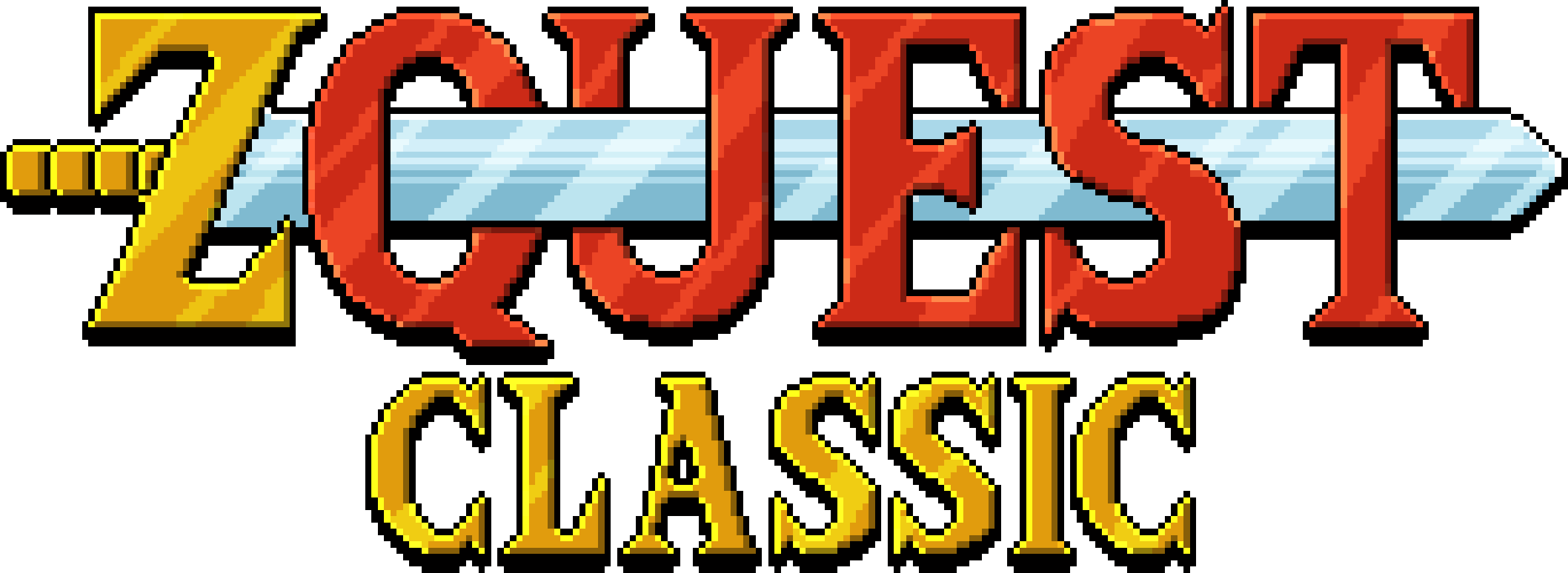tango_metrics.zh#
Functions#
bool |
__Tango_CharacterWillFit(char32 character, int[] font, int left, int right) |
bool |
__Tango_WordWillFit(int indx, int[] font, int left, int right) |
int |
|
int |
Tango_GetStringWidth(char32[] str, int[] font) |
int |
__Tango_GetWordWidth(int indx, int[] font) |
int |
__Tango_GetCharacterWidth(char32 character, int[] font) |
Function descriptions#
bool __Tango_CharacterWillFit(char32 character, int[] font, int left, int right) 🔗 Source
Functions relating to glyph and word sizes.
bool __Tango_WordWillFit(int indx, int[] font, int left, int right) 🔗 Source
int __Tango_GetTargetOffset() 🔗 Source
How far the textbox should be scrolled down to display the bottom line.
int Tango_GetStringWidth(char32[] str, int[] font) 🔗 Source
Get the total width of a string. Functions are not evaluated, and line breaks are ignored.
int __Tango_GetWordWidth(int indx, int[] font) 🔗 Source
Get the total width of a series of printable characters in the given font. Functions are not evaluated, so any text they would produce is not taken into account.
int __Tango_GetCharacterWidth(char32 character, int[] font) 🔗 Source
Get the width of a character. The character is assumed to be a space or a valid printable character.
